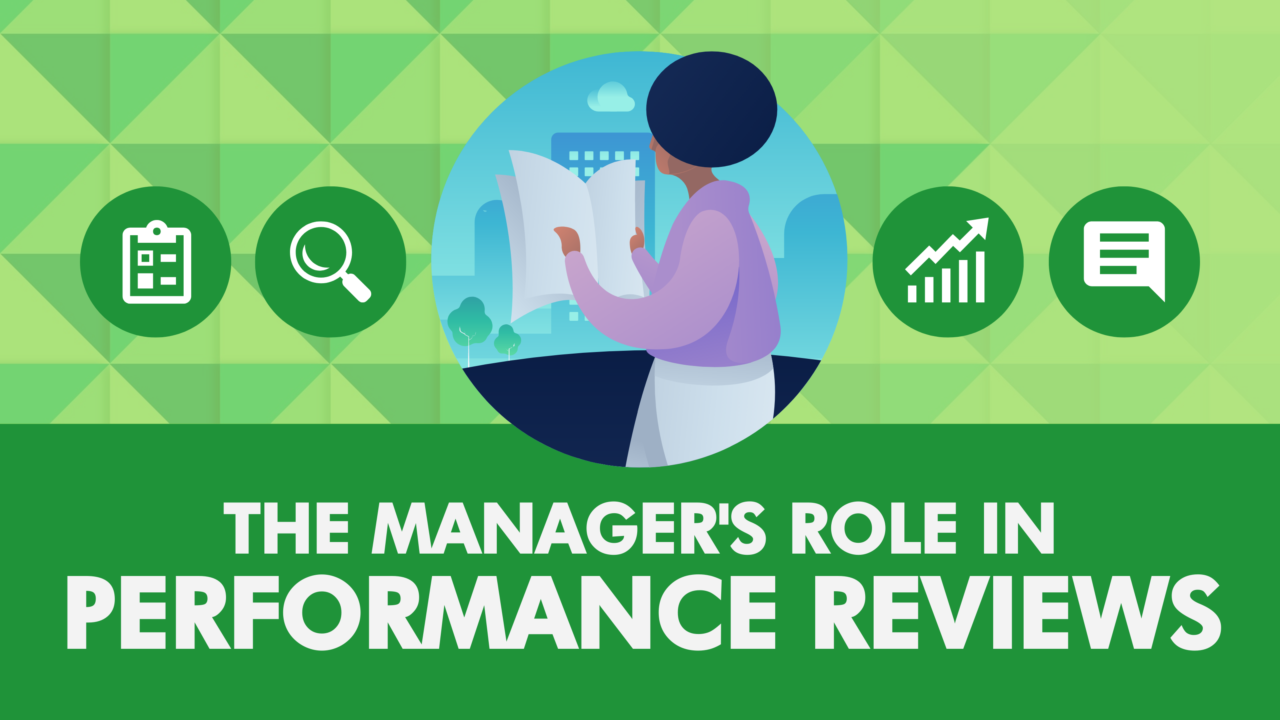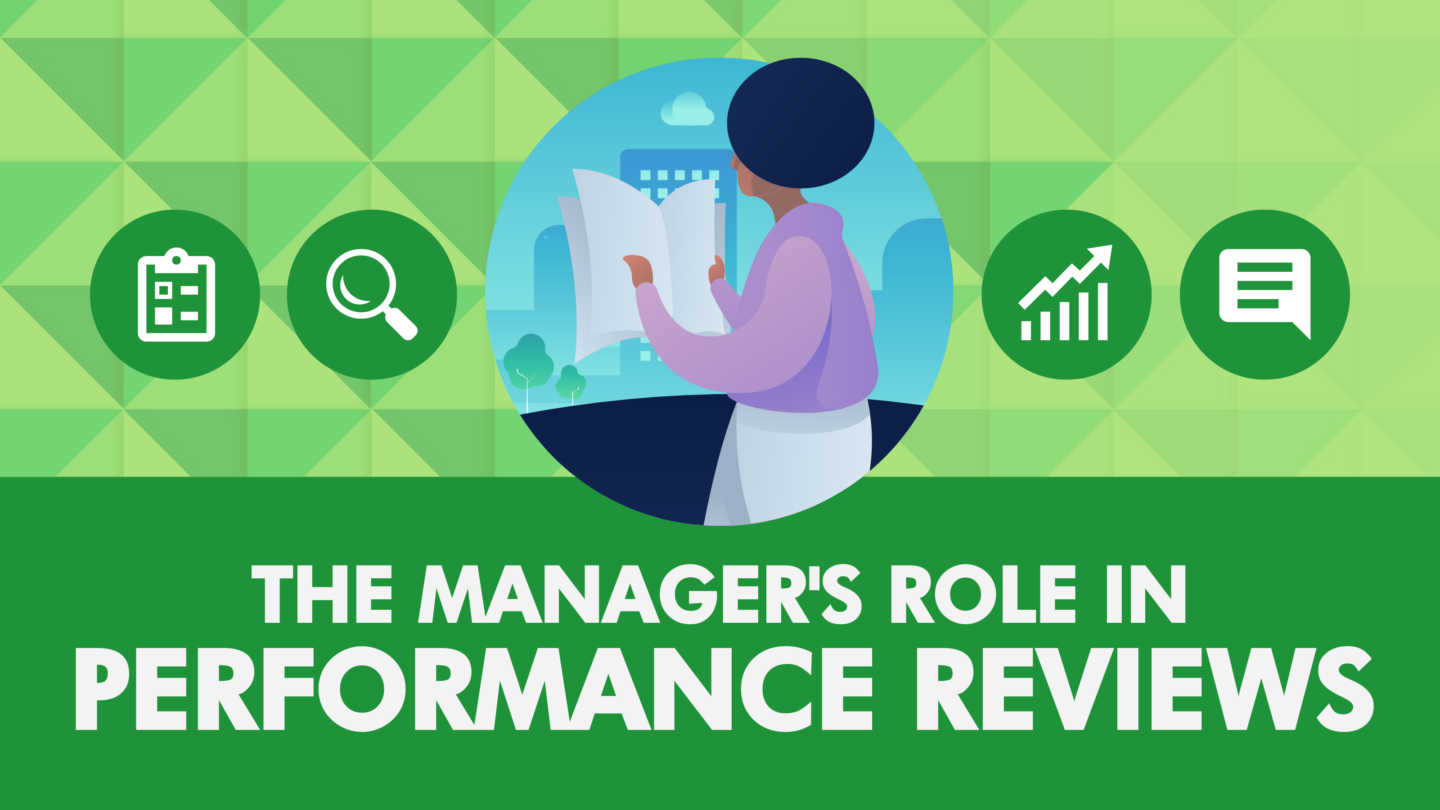
The Manager’s Role in Performance Reviews
By: Jilaine Parkes
The essential stages of the performance appraisal
Many professionals who come to SpriggHR ask not just for our easy-to-use performance management software but also about best practices and processes to get the most out of their review process.
The performance evaluation has several components; orientation/onboarding, training and development, feedback and annual appraisal. We often see in companies that managers involved in the performance evaluation process assume responsibility for all of the evaluation’s steps from beginning to end, starting from the employee’s first day on the job until the annual performance appraisal.
That being said, we’ve also noticed a big culture shift within SMBs using collaborative tools, such as Sprigg, which has meant greater opportunity for multi-level and multi-departmental involvement through 360-degree reviews, continuous feedback, and cross-disciplinary projects.
Performance Reviews: The Major Steps
Performance Management
Managing your employees, helping to develop their skill sets and growing their productivity in a meaningful way is no easy task! Fortunately, there are some excellent tools available today to make it all a lot easier. We are, of course, a little biased here at SpriggHR and would love to tell you more about how our tools can help with the end-to-end talent management process.
Orientation
It sounds pretty basic but we’ve seen time and again that Managers get the following wrong! Simply put, managers should provide each new employee with a copy of their specific job description.
Ideally, candidates get a copy of their job description during the recruitment and selection process. A manager’s primary role is to provide new employees, as well as seasoned employees with the tools necessary to perform their job functions. Identifying key KPIs sets the stage for ongoing performance evaluation and ensures accountability within the workforce.
Managers also are responsible for workforce planning as it relates to performance evaluation – workforce planning matches the right job assignments and tasks with employee skills, qualifications, and interests.
Training
We believe that an enormously important part of the performance evaluation process includes employee training and development, which are within the purview of an HR and management role.
Although managers may use the talent of experienced, long-term employees to assist with skills training, the ultimate responsibility for training rests on the shoulders of the department manager. In addition to developing the skills and capabilities of their employees, managers identify employees who have high potential. Such employees are distinguishable from high performing employees. Managers use their own skills and talent to select employees who demonstrate aptitude and promise.
Feedback
Managers are responsible for providing employees with constructive feedback on a regular basis.
Throughout the evaluation period, managers give their employees ongoing support, feedback and counseling on performance issues and, when necessary, disciplinary and corrective action. When employee performance suffers, managers are the first ones to observe the decline. It’s their responsibility to address performance issues and determine whether an employee needs skills training or corrective action to return her to an acceptable performance level.
Appraisal
The culminating stage in the performance review is the actual performance appraisal. Managers complete leadership training that enables them to understand the importance of performance management and evaluation, as well as how to prepare for and conduct an annual performance appraisal. Preparing for an appraisal requires that managers know how to rate employees; their duty is to rate employees according to the company’s expectations and performance standards. Therefore, a manager’s role includes observation and assessment. It’s up to the manager to conduct an appraisal meeting that employees look forward to and one that encourages employees to achieve their goals year after year.
Conclusion
Although the means by which performance evaluations are conducted may be changing over time, these key components remain relatively constant. The shift toward online performance management platforms and more frequent feedback is evident, and we are embracing it with open arms! We strongly believe that leveraging software designed specifically to streamline the performance evaluation process is in the best interest of managers and employees alike.
Interested in learning more about SpriggHR's performance management software?
We would love to introduce you to Sprigg. Hit the “Request a Demo” button and we'll customize a demo just for you, led by one of our senior HR professionals. We look forward to connecting!




